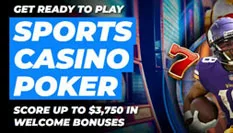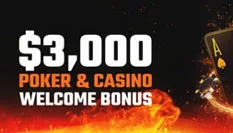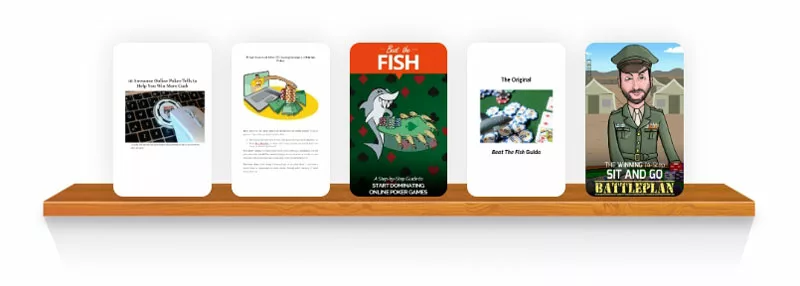Always Avoid These Bluffing Mistakes
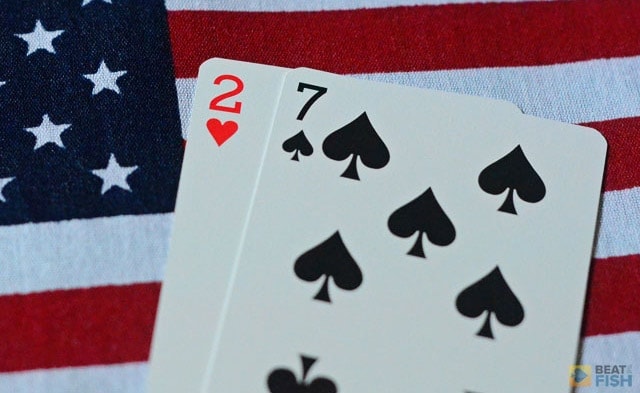
Bluffing has been around as long as poker itself. If everyone always bet when they had a strong hand and folded when they had a weak hand there wouldn’t be much of a game to master.
Of course, bluffing is essential to poker and to your personal strategy in order to keep your opponents from getting an absolute read on your playing style.
However, with the advent of online games and poker on TV, poker has become a different beast over the years
Unfortunately, players new to the game and coming from the tube often get a skewed sense of the importance and successfulness of bluffing… especially online. The simple fact is that bluffing is much less successful in wild online games and should play less of a role in your strategy – if at all.
In this article I want to teach you the fundamental right situations to bluff and when to hold back.
Table of Contents
Bluffing and image at online tables
First of all, you should realize that bluffing is less effective on the internet. You are a nameless, faceless icon at the table and you can’t employ the same tells that you can at a real table. You can’t put on a poker face or stare your opponent down. Your opponent simply sees your bet.
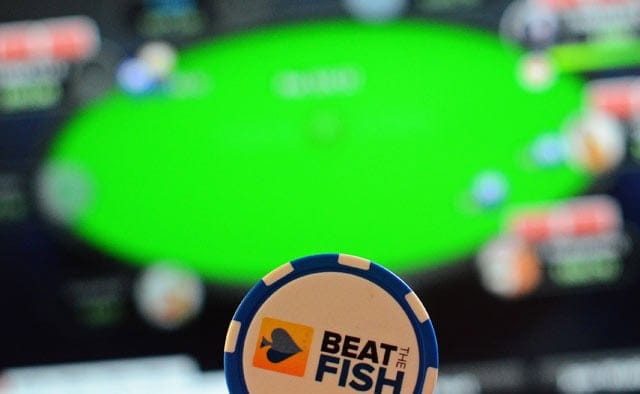
Not only should you realize that online players are looser and will call with more hands, but you should understand that you can’t intimidate online opponents like you can at a cardroom. If you’re looking to get by just on nerve online, it won’t work. Many players will call you down with bottom pair, and that beats your stone bluff every time.
Bluffing weak or into multiple opponents
Secondly, consider the situation of the hand before you bluff. You are much less likely to succeed when there are more than two players in the hand with you. It is simply much more likely that at least one of them holds a hand worthy of calling you.
If you’re going to bluff, do it heads-up or against 2 other players maximum.
The weak mini-bluff
Another silly move that I see a lot of online players make is the very weak mini-bluff.
These players seem like they want to make a bluff at the pot, but in a no-limit cash game they’ll raise or bet the minimum into 4 players in a futile attempt to take the pot.
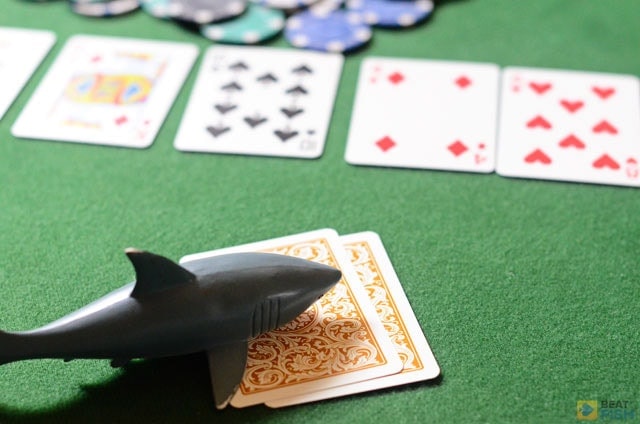
If you’re going to bluff, “Don’t send a boy to do a man’s job,” as my poker veteran buddy always says.
You don’t want to make an unnaturally large bet since that will reek of weakness, but bet at least 4x the big blind preflop and raise at least the size of the pot after the flop.
If you aren’t prepared to make a good bluff, you’re better off not making one at all.
Bluffing in different game structures
Other points to consider are the structure game you’re playing. Bluffing is much less effective in a fixed-limit cash game because you can only ever double the bet. If your opponent has a hand he’s going to put in that extra bet.
If you bluff at a limit table, you’re probably going to have to bet and raise over two betting rounds to make a point.
Most of my bluffing takes place during tournaments. It will come up most often when you’re shortstacked and the blinds are creeping up. Also, you might bluff weak opponents out of their blinds.
You might have to bluff at some point in a tournament because you can’t walk away – you either have to gain chips or go broke at some point.
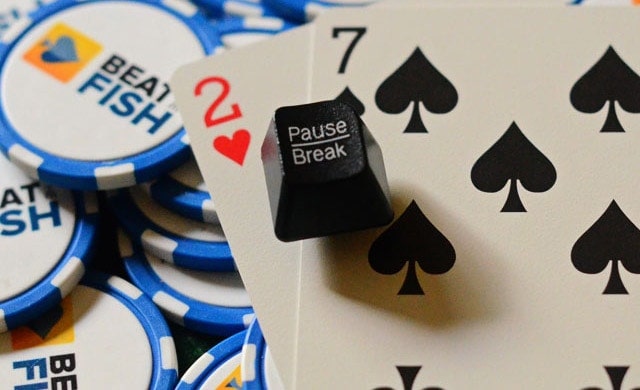
In a cash game, you can afford to bluff less because you can stay as long as you like. You aren’t in any rush to pick up pots and you can play patient in your own style. The blinds are fixed and you should be in the game to make a long term profit.
Does your bluff make sense?
Also, don’t bluff blindly. That is, don’t bluff if you don’t have a clue what your opponent’s playing style is. If you’re bluffing outright maniacs, they might come over the top of you and put you in a very bad spot with a decision that you’d rather not have to make.
You also don’t want to bluff calling stations who will stay in with weak hands. Those weak hands are often better than your bluffing hands and may connect or have already connected. If you’re playing multiple tables and haven’t been observing your opponents much, don’t try a sophisticated bluff until you have more information.
Learn to play solid first, bluffing comes later
You’ll see bluffs succeed a lot on television because executive producers like to put exciting hands into the limited airtime to improve ratings. The fact is that it is much less successful at loose (or observant) online tables, where fishy opponents will often call you down with anything. Those “anythings” will probably beat your bluffs.
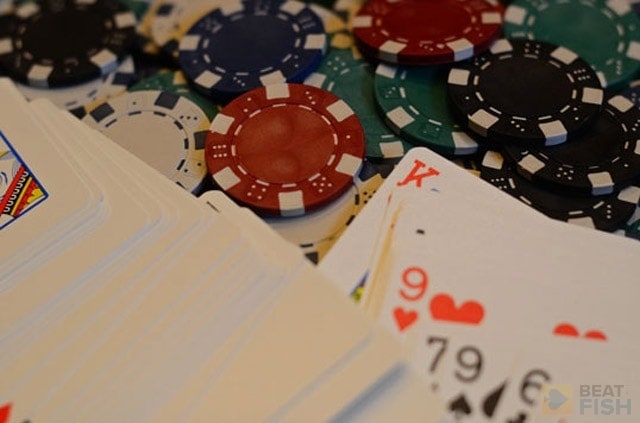
Poker players should develop a strict set of starting hands and learn how to win with their cards before they try to win on nerve. If you find yourself bluffing and losing, try putting a sticky on the corner of your monitor during playing sessions that simply reminds you: “Don’t bluff.”
It might sound simplistic, but if you keep an eye on that note and only play when you have a hand, at least for one session, you might find a leak in your game that you can easily plug.
